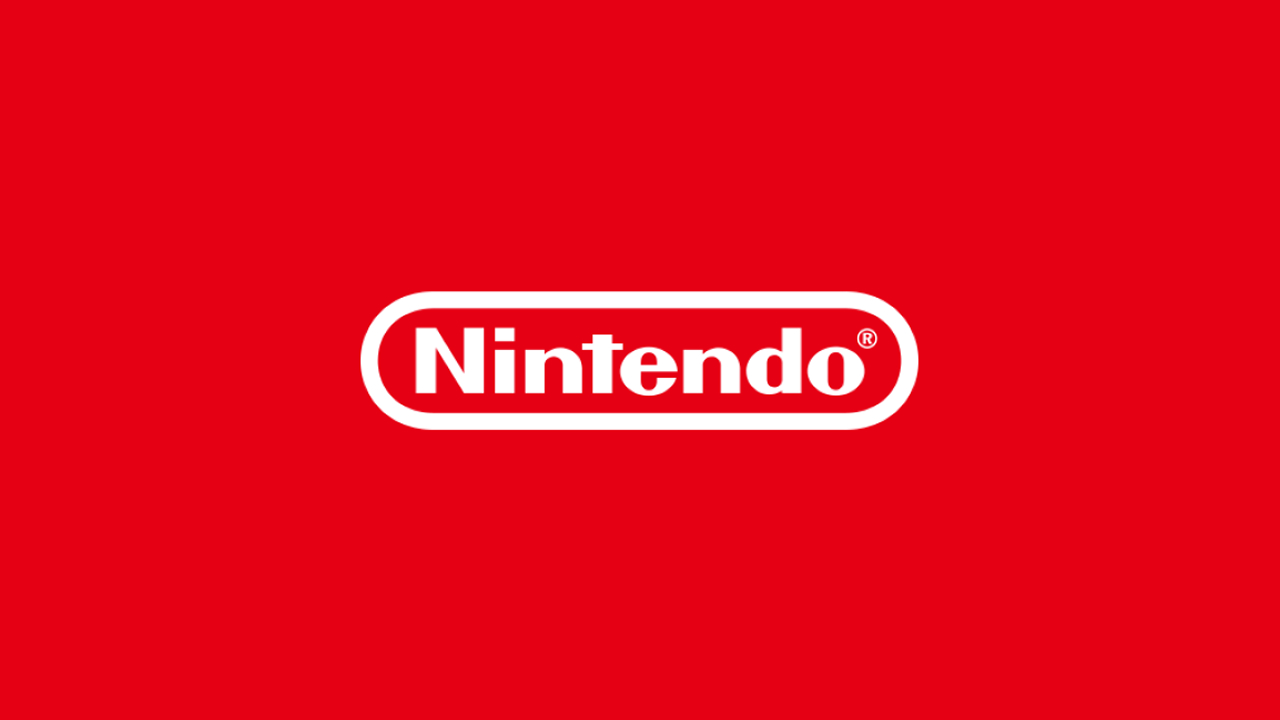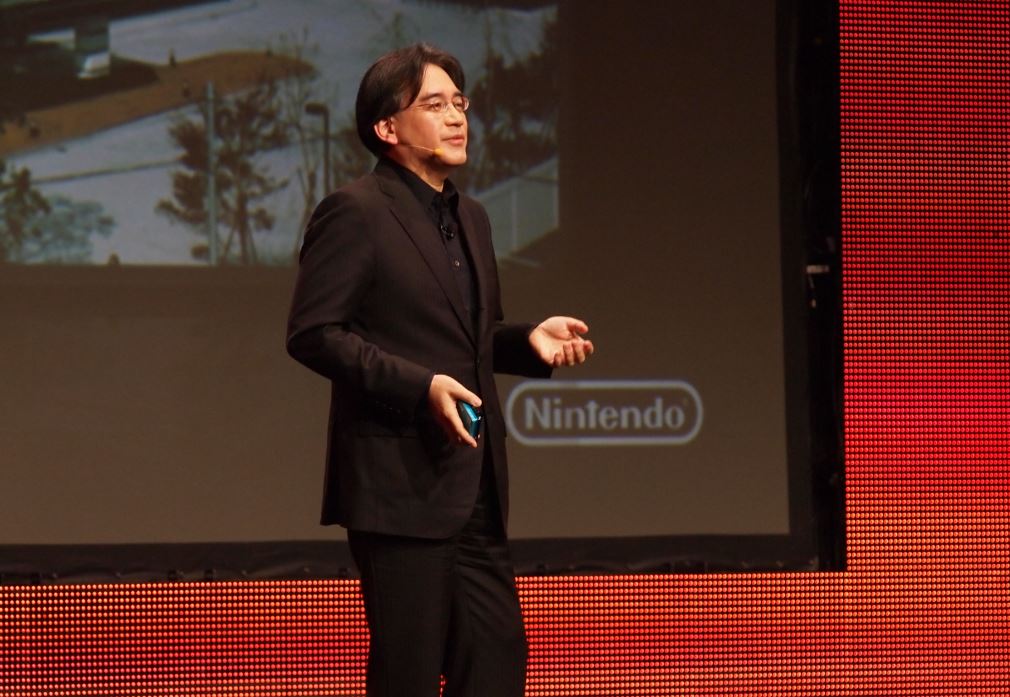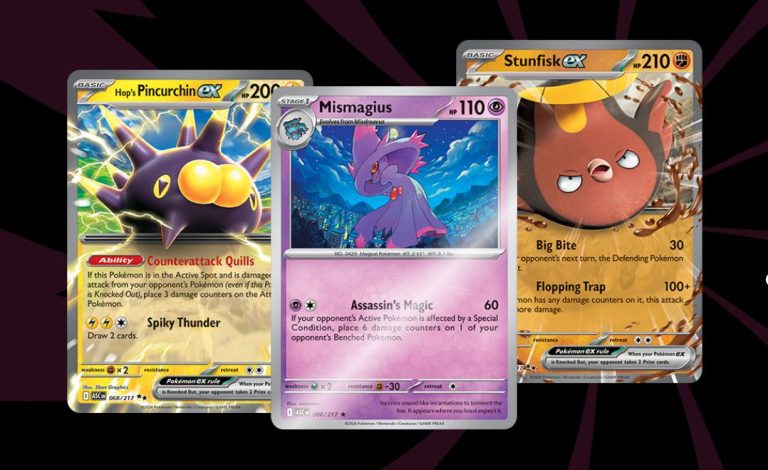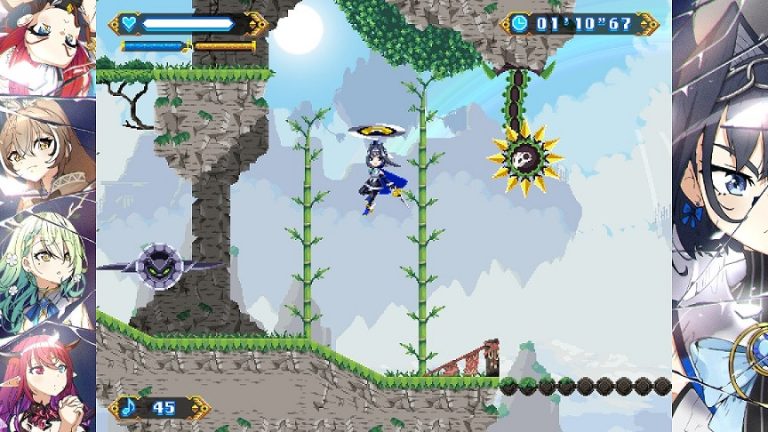According to a recent article by GamesIndustry Japan, a Nintendo executive once attributed the following quote to the company’s late CEO Satoru Iwata: “Things that are praised don’t sell – it’s the things that are criticized that sell. It is best to earn a divided response.”
The quote was brought up in the context of how (or if at all) public criticism affects a game or product’s sales negatively. Reportedly, these words of Iwata were mentioned by the Nintendo executive in response to being asked about the failure of the Nintendo Labo toy kit from 2018.
This fascinating stance towards what is considered a “failure” suggests that Nintendo’s fourth CEO Satoru Iwata may have instilled into the company a policy that welcomes negative buzz as much as it does praise. Nintendo is a company whose every move attracts attention, and their most successful titles are seldom the object of unanimous praise. Even the initial announcement of the Nintendo Switch was met with mixed responses and concern, ultimately leading to a dip in stock price prior to its release. But despite this, the Switch turned out to be Nintendo’s best-selling console, selling 141.32 million units as of March 2024.

Considering Satoru Iwata’s reputation as “a legendary CEO” who supervised Nintendo’s massively successful Wii console and Nintendo DS handheld, his words carry significant gravity. Being especially invested in interacting with fans through his charismatic Nintendo Direct presentations, Iwata had undoubtedly developed a good instinct for how public sentiment translates into commercial performance. As a result, he seems to have believed that praise can never be as loud as criticism. Alternatively, his words could also be interpreted as his attitude toward product development – in the sense that an overly “safe” idea designed to avoid any form of criticism cannot lead to remarkable performance.
At the same time, it is important to consider how the Internet has changed since Iwata reportedly uttered these words. Iwata was CEO of Nintendo from 2002 until his death in 2015. While the Internet and social media were very much relevant during this time, things have undeniably grown to a much larger (and louder) scale in the past few years. Many online communities have become fragmented by echo chambers, which means criticism and hate get amplified to levels exceeding what was once considered normal. Furthermore, this environment also makes it easier for distorted or misinformed views to affect public opinion, meaning that developers have more battles to fight than simply making a good game. Satoru Iwata’s beliefs about public opinion and sales may be based on an environment that is far more forgiving than today’s.






I can imagine that having been said after Wii U’s release.
I think it comes down to the fact that it’s much more about focusing on Gaming Experiences for everyone like a Toy Company than focusing on the Specs and being a Premium experience like an overpriced product of today’s Sony which used to be about Artistic games and Vision of technology. The audiences each invites are different depending on what the platform advertises to the public. Sony is much more about the premium high end graphics and cinematics than it about games and the various experiences vs Nintendo.
I would also argue that Fromsoft never has any criticism about graphics like in Elden Ring or Armored Core 6 vs games that make it about the graphics like GOW Ragnorak. This is due to audience taste and what the company is going for in its approach not just a view of the internet as a whole with echo chambers.